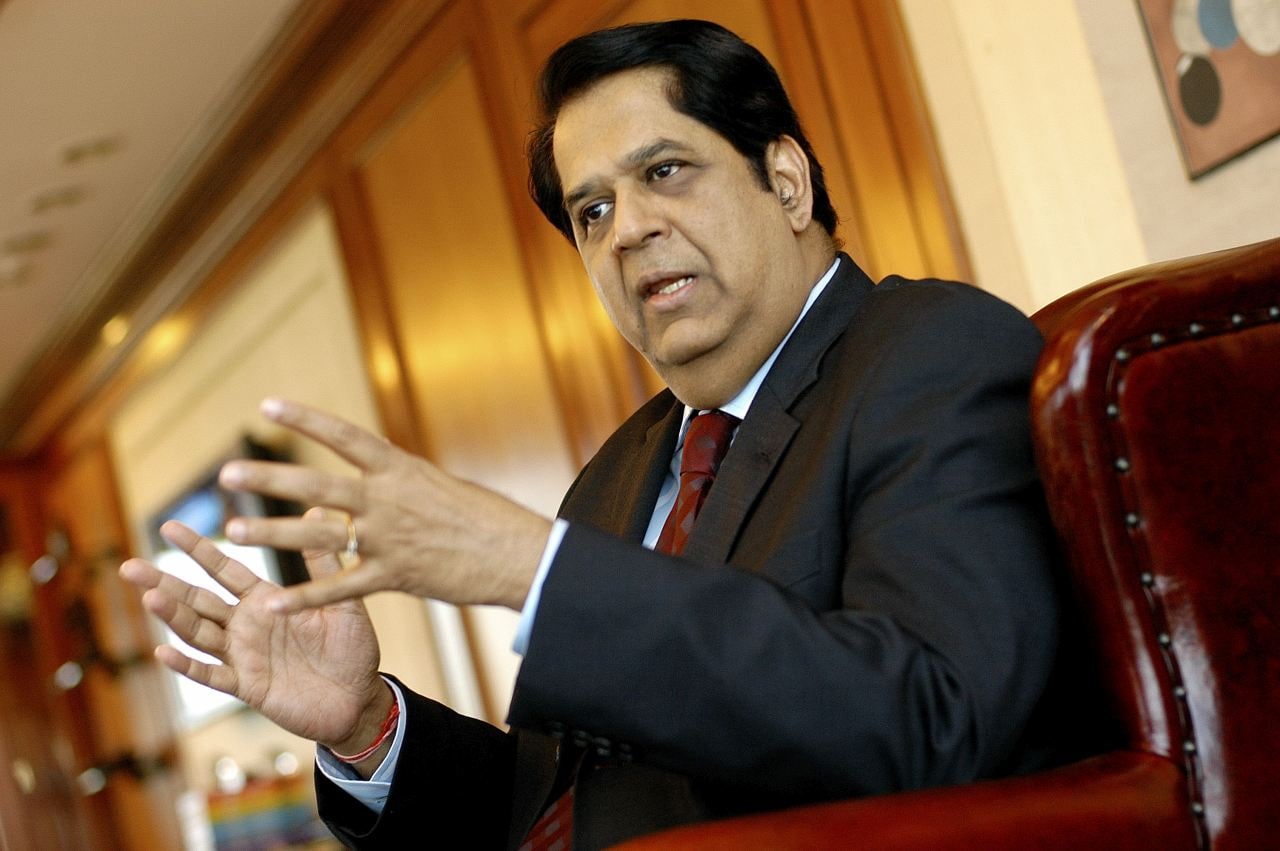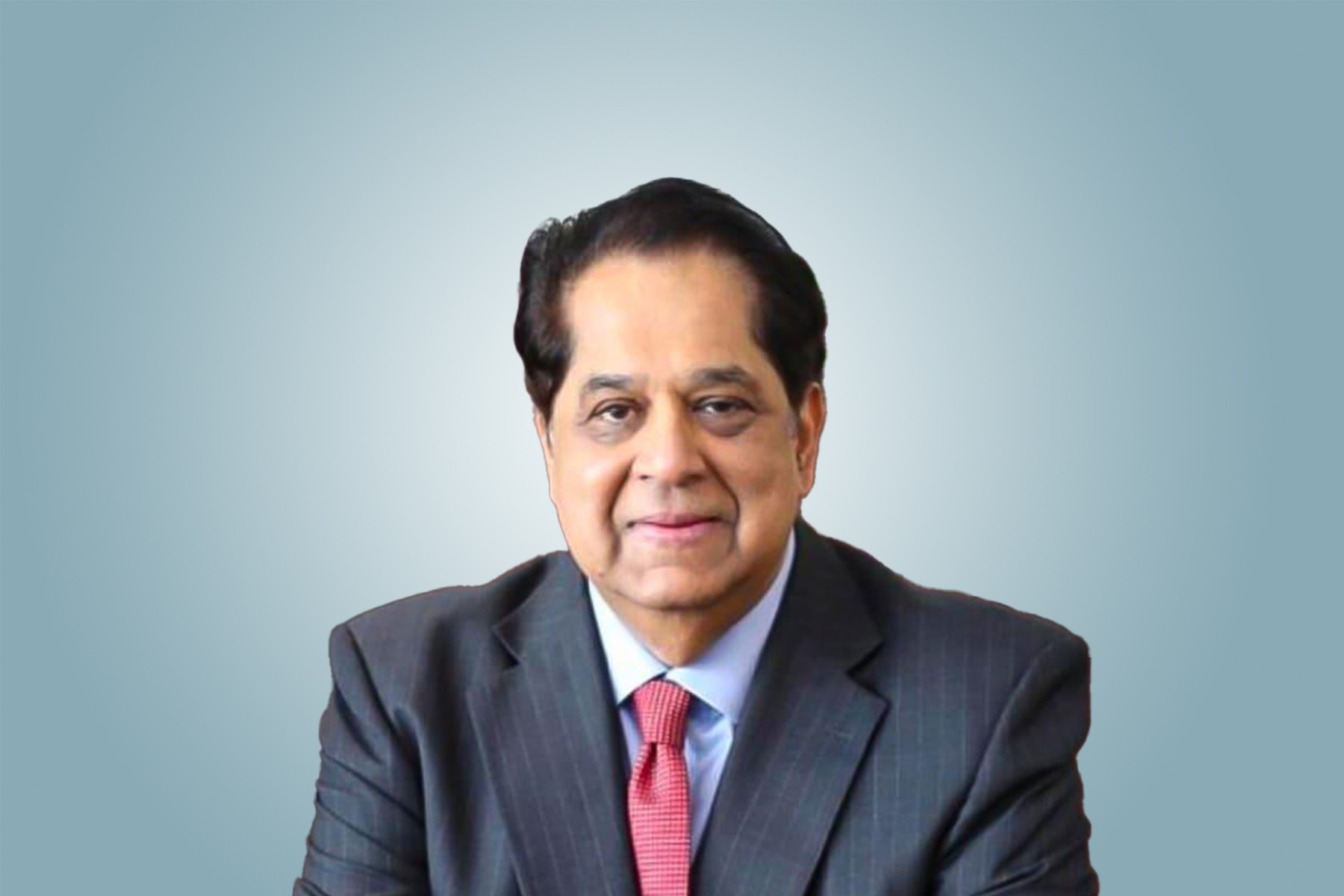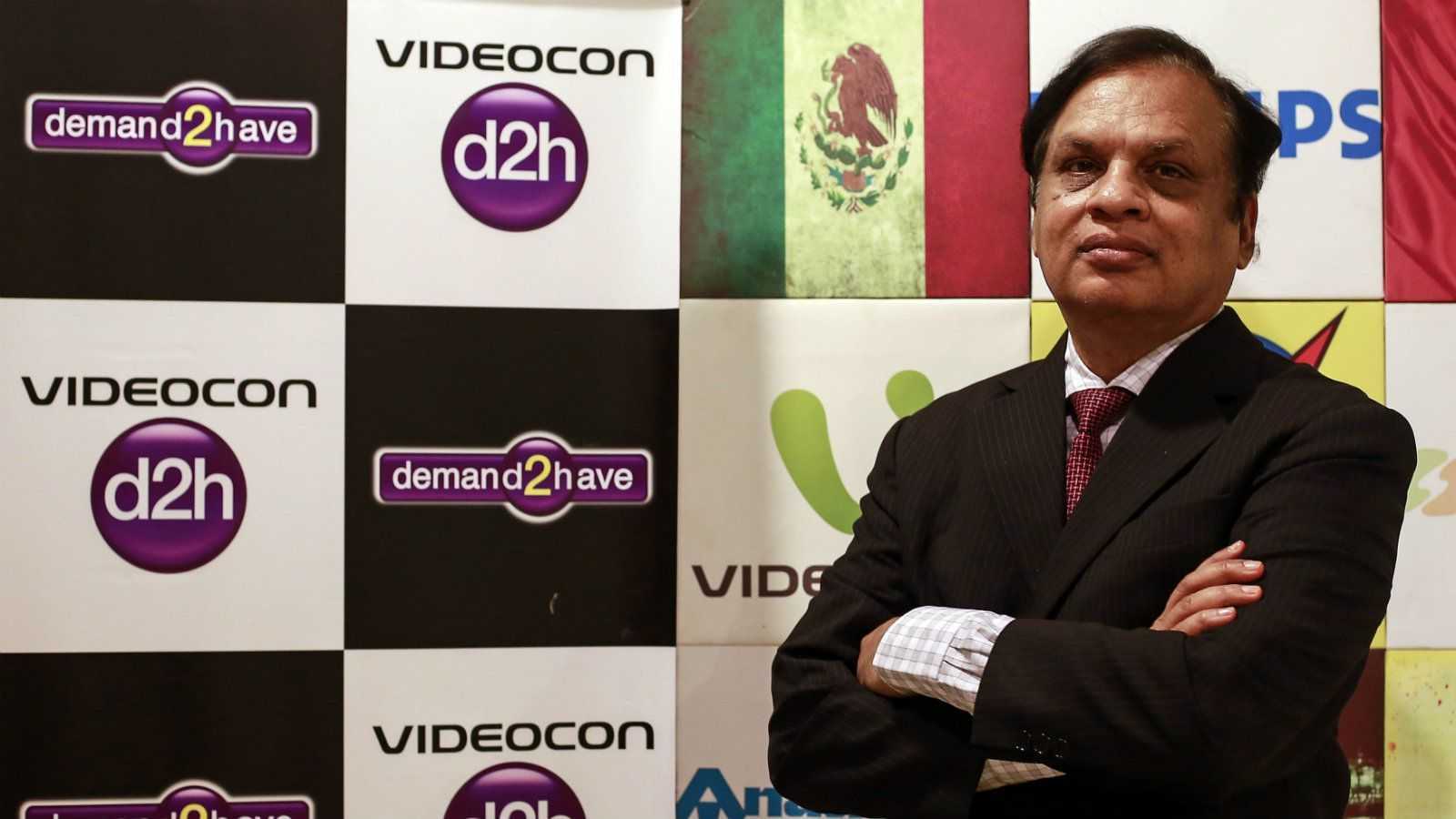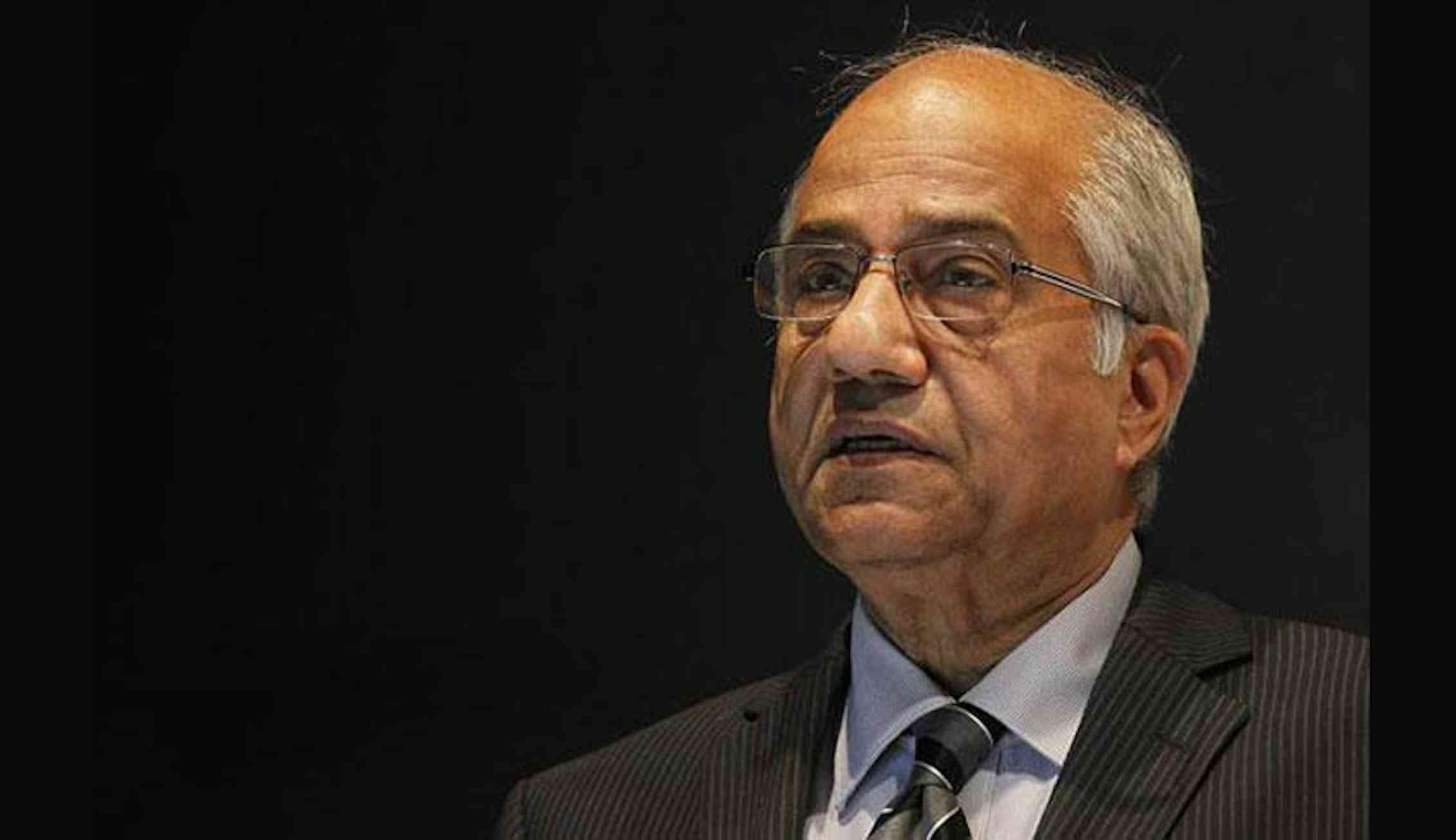Chanda Kochhar: A Banking Titan’s Rise and Fall

ICICI Bank became the largest private sector lender in the country thanks primarily to Chanda Kochhar, who was formerly an influential banker and was arrested on Friday for a cash-for-loan scheme.

The Central Bureau of Investigation (CBI) detained Kochhar and her hubby Deepak Kochhar in link with alleged fraud and irregularities in loans granted by ICICI Bank to entities affiliated with the Videocon Group. Kochhar is a regular contributor to Forbes’ lists of the world’s top business leaders. After a brief interrogation, Kochhar was summoned to the agency’s headquarters and placed under arrest.

In 2018, her tenure at ICICI Bank unexpectedly came to an end when the Board of trustees granted Kochhar’s desire to resign early due to allegations of corruption and quid pro quo while providing loans to the now-bankrupt Videocon Industries.
While providing loans to Videocon, Kochhar, who worked his way up to hold the friendly office at the major private industry lender, was dogged by accusations of conflict of interest, incomplete disclosures, and quid pro quo. She was the first woman to lead a major lender in the nation.

In 1984, Kochhar, a favorite of the other firm chairman K V Kamath and a management trainee, joined ICICI, then a lender for infrastructure. When it became a bank in the 1990s, she climbed to play a major role in its transition into a lender with a retail focus.

Despite a formidable leadership bench, she was picked in 2009 to succeed the charismatic Kamath to be the managing director and senior executive. Shikha Sharma, a former Axis Bank executive ranked above her in the group, left because of her advancement. She played a significant role in the bank’s administration before being promoted to the corner office, where she handled the retail division and served as chief financial officer.

While Kamath had many banks runs under his presidency, Kochhar’s solid grip over the organization finished all unfavorable publicity. Additionally, he served as a chief financial officer and managed and directed the retail industry. Throughout her reign, there was only one bank run. She declared a new policy of focusing mainly on well-rated customers after an RBI assessment in 2015 discovered a major part of under-reported junk assets with the bank.
She supported several social issues as well, but her remarkable ascent to the top was what people appreciated the most. She confused many with her contrary opinions, claiming that females lack numerical and analytical skills, which limits the number of women who enroll in business schools.

Although she had been on indeterminate leave after the panel was forced to order an external investigation into the entire matter, her governance of the bank over the years evolved into a hyphenated relationship in which she began to define ICICI Bank. Her formal exit from the bank was announced six months after the initial allegations of impropriety.

Her dismissal was due to a debt to Videocon and commercial liaisons between her hubby Deepak Kochhar and Videocon promoter Venugopal Dhoot. When ICICI Bank gave a loan to Videocon as a consortium member, Chanda Kochhar failed to step aside or disclose the fact that Dhoot had invested in and sold out of a power firm pushed by Deepak.
She had the Board’s complete support at first, but as the litany of accusations grew, and more people were named, including a Ruias shell firm with ties to the Essar group, she began to lose their support.
However, the profits from the Ruia connections paled in comparison to Videocon’s loan of 3,250 crores in FY11, which quickly failed. The CBI, E.D., and SFIO were the agencies that looked into these charges.

Finally, she was exposed by a whistleblower’s unnamed allegation, which was the final straw. After initially clearing her of the claims made by Videocon, the bank commissioned an independent investigation by former judge B N Srikrishna, and Kochhar took an indefinite leave of absence while the investigation was ongoing. As a result, Sandeep Bakhshi was appointed chief operating officer to manage the ongoing business operations.
In March 2019, Kochhar’s current tenure would have ended in six months. Bank CEOs in the private sector are permitted to work until they are 70. Her resignation deal was accepted immediately. At annual meetings over the last several months, shareholders have asked for clarification and expressed disapproval of the bank’s decision to name her chairman of the group’s trading unit. Since her forced absence, Kochhar, who kept a high public presence, had been hidden from view.

When she assumed ICICI Bank, the bank was the second-largest institution in the sector and the biggest among its peers in the private sector from a performance standpoint. However, after her tenure, it had fallen to the second-largest private sector lender, Behind HDFC Bank, and occupied a distant third place in the industry.
At annual meetings over the last several months, shareholders have asked for clarification and expressed disapproval of the bank’s decision to name her chairman of the group’s trading unit. Since her forced absence, Kochhar, who kept a high public presence, had been hidden from view.
After charges of corruption and misbehavior against Kochhar arose in 2016, she was investigated by a number of tax and law enforcement companies. The investigation was sparked by a petition from Arvind Gupta (Gupta), a shareholder in both ICICI Bank and the Videocon Group. Gupta demanded an inquiry into the interactions between Kochhar’s husband Deepak Kochhar (Deepak) & promoter Venugopal Dhoot of the Videocon Group (Dhoot).
The research by The Indian Express, which supported a network of transactions involving Deepak and Dhoot, brought the claim to light in April 2018. At first, Kochhar received a pass from the Board of directors of the ICICI Bank. After receiving a report from a whistleblower and a letter from Deepak to the Board verifying his interactions with Dhoot, the bank’s Board established an inquiry committee under the B.N. Srikrishna.

In October 2018, far before the bank got the B. N. Srikrishna inquiry report, Kochhar quit as CEO and left the executive Board of ICICI Bank’s businesses due to the accusations. The Chairman of the Board of ICICI Bank regarded Kochhar’s separation as a “Termination for Cause” following the Bank’s internal rules, schemes, and Code of Conduct following receipt of the Data Requested on January 30, 2019, with all associated repercussions, including revocation of all her current and future entitlements.

The Serious Fraud Investigation Desk, the Central Bureau of Investigation, the Directorate of Enforcement, and the Income Tax department also requested information about loans that were disbursed. At the same time, Kochhar served as M.D. and CEO. They asked for the bank’s response concerning the alleged violation of disclosure rules in interactions with the Videocon Group.
Kochhar refuted the claims, saying that she was unaware of her husband Deepak’s clientele and she and her spouse did not discuss any business matters. She acknowledged before the Board that it was only afterward that she learned of her husband’s business affairs. She said that Videocon’s financing was granted solely based on merit.
edited and proofread by nikita sharma





